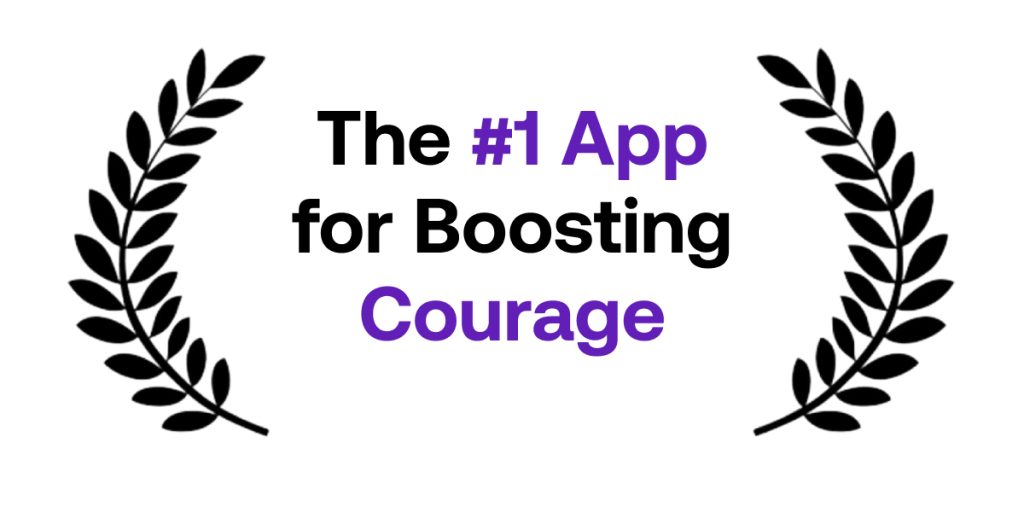In Miyamoto Musashi’s renowned The Book of Five Rings the legendary samurai imparts timeless wisdom that extends beyond the realm of martial arts. One such profound insight is captured in the following passage:
“…it is bad to repeat the same thing several times […] There may be no help but to do something twice, but do not try it a third time. If you once make an attack and fail, there is little chance of success if you use the same approach again.”
These words hold valuable lessons for navigating life’s challenges and adapting to a rapidly changing world. Below, we explore the deeper meaning behind Musashi’s wisdom and provide practical advice on how to embrace this mindset in our modern lives.
Understanding Musashi’s Message
Musashi emphasizes the importance of avoiding repetitive patterns and behaviors when faced with obstacles. In the context of combat, he suggests that using the same approach repeatedly diminishes the chances of success. This principle applies not only to physical battles but also to the battles we face in our personal and professional lives.
Musashi advises against persisting with a failed technique or strategy. Instead, he advocates for a willingness to change and adapt. By recognizing the need for a different approach, we can break free from the cycle of repetition and open ourselves to new possibilities. Musashi’s wisdom teaches us that change and innovation are essential for growth and progress.
Applying Musashi’s Wisdom in Modern Life
1. Reflect on Patterns and Outcomes
Take time to reflect on areas of your life where you find yourself repeating the same mistakes or facing consistent challenges. It could be in your relationships, career, health, or personal growth. Identify patterns and behaviors that have led to undesirable outcomes.
For example, if you repeatedly encounter conflicts in your relationships due to poor communication, reflect on the specific communication patterns you engage in. By recognizing the pattern, you can consciously choose to find a different approach and adopt healthier communication strategies.
2. Embrace a Growth Mindset
Develop a growth mindset that embraces change and learning. Understand that failures and setbacks are opportunities for growth and improvement. Embracing a growth mindset enables you to see setbacks as stepping stones towards success rather than roadblocks.
For instance, if you’ve attempted a business venture that didn’t succeed, instead of giving up, view it as an opportunity to learn from your mistakes. Analyze what went wrong and seek alternative strategies or approaches that may lead to success in your next venture.
NEW! Put the principles from this article into practice with the free courage-boosting MaArtial app on the App Store for iOs and Play Store for Android.
3. Seek New Perspectives
Avoid getting stuck in a rigid mindset by actively seeking new perspectives and ideas. Engage in conversations with diverse individuals, read books outside your usual genre, or attend workshops and conferences in different fields. Exposing yourself to new ideas fosters creativity and expands your problem-solving abilities.
For instance, if you’re facing a creative block as an artist, explore art forms or styles you haven’t tried before. Experimenting with different techniques can ignite fresh inspiration and lead to artistic breakthroughs.
4. Embrace Continuous Learning
Make a commitment to lifelong learning. Seek opportunities for personal and professional development. Engage in courses, workshops, or online platforms that offer new skills and knowledge relevant to your interests and goals.
For example, if you’re struggling to keep up with technological advancements in your industry, invest time in learning new technologies and staying updated. This proactive approach allows you to adapt and thrive in a rapidly evolving professional landscape.
5. Cultivate Resilience and Perseverance
While Musashi advises against persisting with the same failed approach, it’s important to note that adapting doesn’t equate to giving up. Resilience and perseverance are essential qualities when navigating through challenges. If you encounter setbacks, reassess your approach, learn from your experiences, and find a different route towards your goals.
For instance, if you’re training for a marathon and encounter difficulties in reaching your desired pace, consider adjusting your training regimen, seeking guidance from experienced runners, or incorporating cross-training activities to enhance your overall performance.
Summary
Miyamoto Musashi’s wisdom encourages us to break free from the limitations of repetition and embrace change as a catalyst for growth. By reflecting on our patterns, adopting a growth mindset, seeking new perspectives, embracing continuous learning, and cultivating resilience, we can apply Musashi’s timeless teachings to navigate the complexities of modern life.
Remember, success often lies in finding a different route when faced with obstacles. As we adapt and evolve, we empower ourselves to overcome challenges and create a fulfilling and purposeful life.














